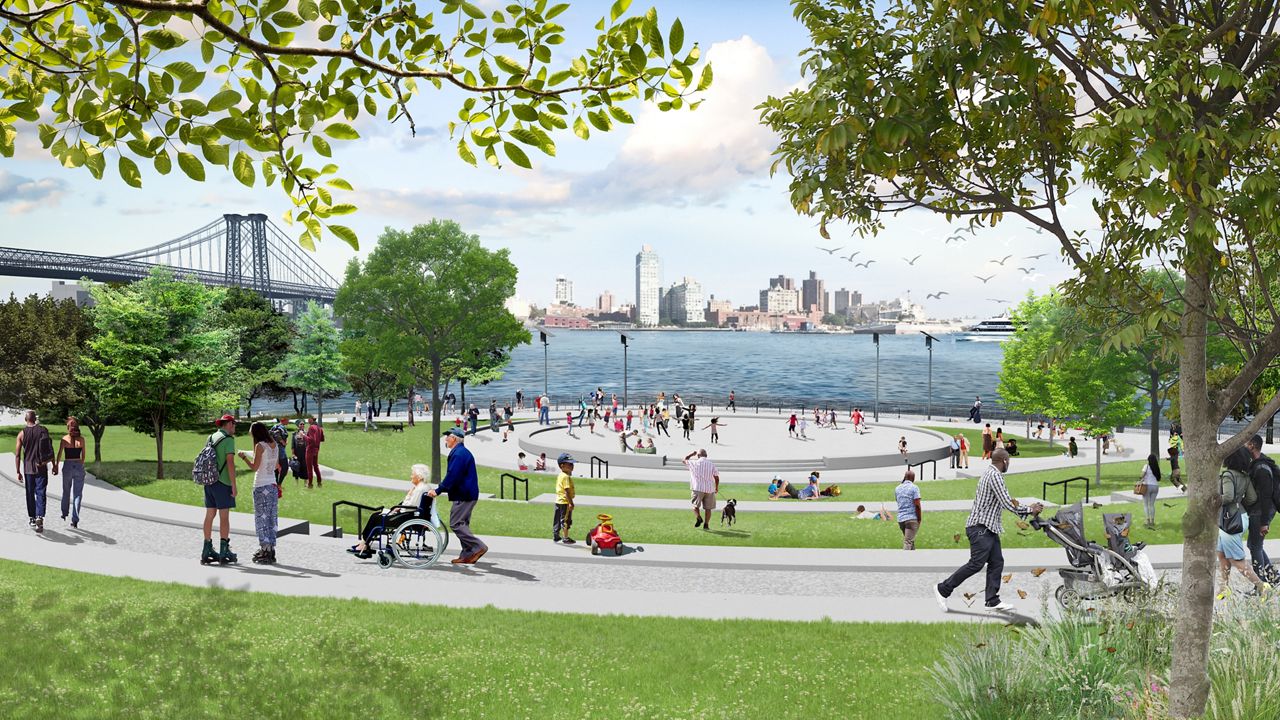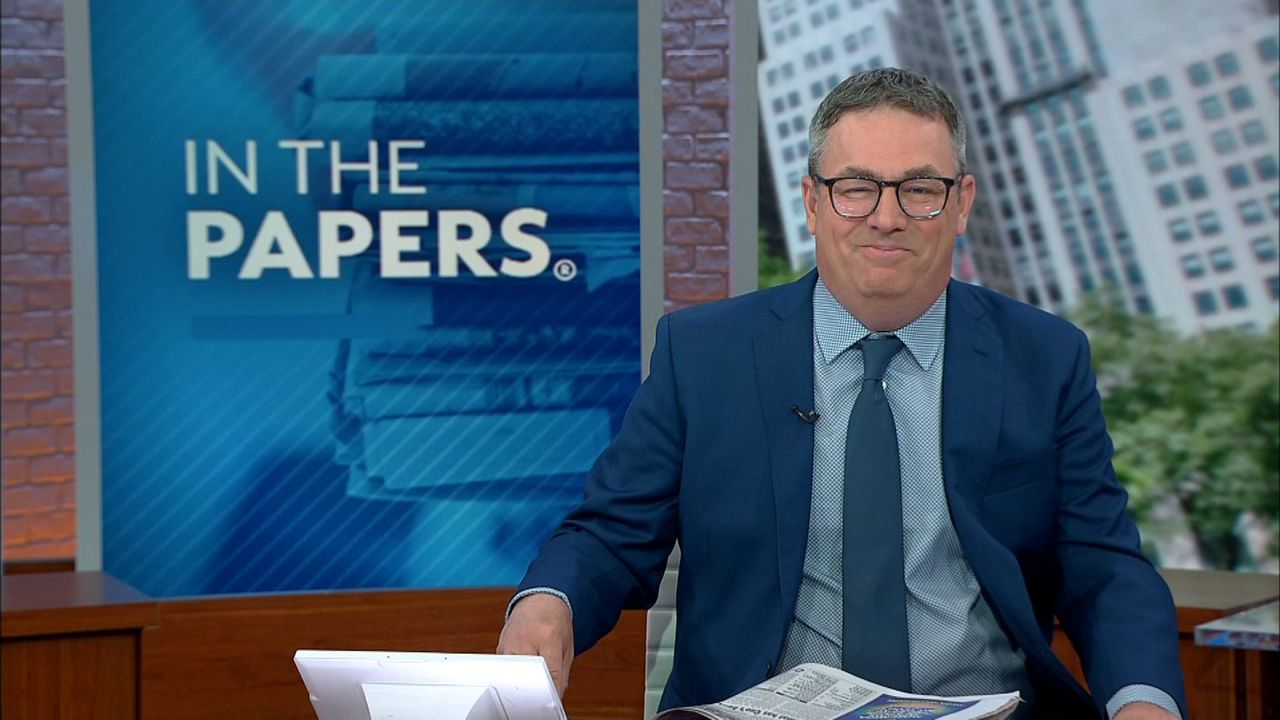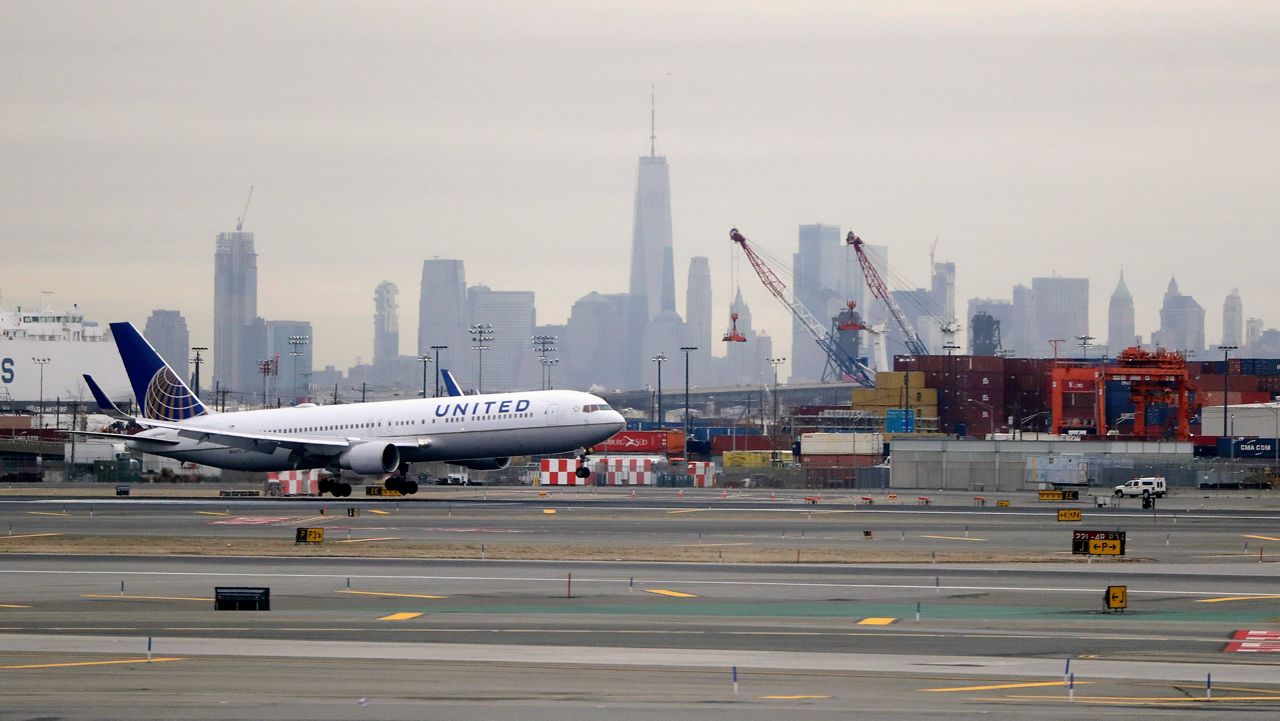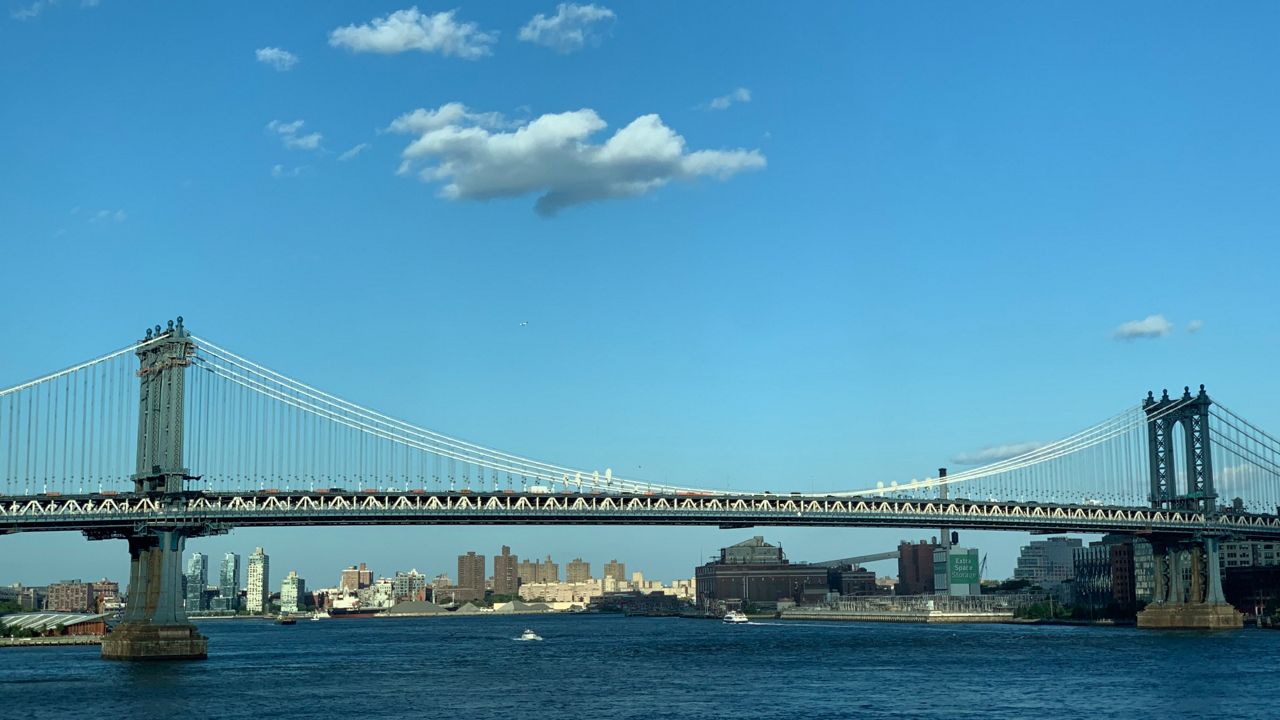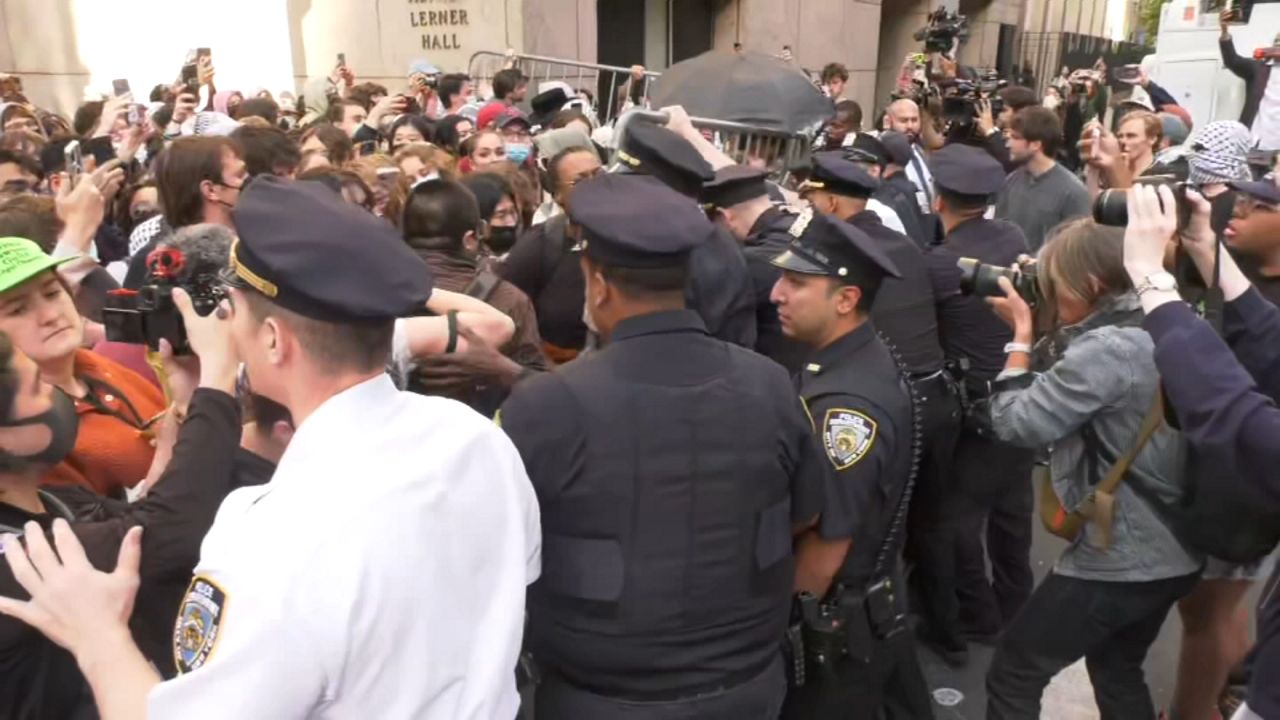The city’s massive effort to raise the East River Park by eight feet to prevent flooding will now include additional funding to preserve the park’s beloved amphitheater, and allow the Lower East Side Ecology Center to keep its eight-tons-per-week compost operation on park grounds.
The reconstruction project, one of the most ambitious urban flood protection efforts in the country, was set to demolish the current amphitheater and replace it with a smaller stage, albeit one without a roof. That plan was one of many issues that has drove community opposition to the project.
Now, an infusion of $4.83 million that was announced by Mayor Bill de Blasio Thursday will allow the city to create a roof structure for the amphitheater, said Ian Michaels, the executive director of public information for the city’s Department of Design and Construction, which is overseeing much of the park’s overhaul.
The reconstruction is proceeding in phases, with flood protections slated to be in place by 2023 and a scheduled end date, including the completed amphitheater, sometime in 2025. Michaels said he expects community input to help determine the final design of the amphitheater.
“Our goal is to build resiliency as responsively as we can,” Mitch Schwartz, a deputy press secretary for the mayor’s office, said in a statement Friday. “We heard from the community, and we’re very pleased that we’re able to add even more benefits as construction continues.”
Schwartz did not respond to a question about where the funding is coming from.
City officials announced the new funding for the amphitheater at a committee meeting of Manhattan’s Community Board 3. They also announced a reversal on another major point of the community’s frustration: The East River Park reconstruction was set to displace the compost operation of the Lower East Side Ecology Center.
Now, the center will be able to return to its current composting location, saving the nonprofit from what had so far been a futile search for a suitable alternative to park huge mounds of food scraps.
The changes have made community members who are skeptical of the park’s reconstruction “cautiously optimistic,” said Michael Marino, founder of Friends of Corlears Hook Park, the park that is across the highway from the East River Park’s amphitheater.
“I don't think it should have taken this long for this to happen,” Marino said of the new funding. “I feel like every once in a while, after years of the community complaining about something, we get a little crumb, and that's supposed to appease us.”
Marino said he is pleased that the amphitheater will have a cover of some kind, but is still concerned that the current plan does not include bathrooms or sufficient seating for performances.
A covered amphitheater would offer “that grandiose vision” for people entering the park, he said.
De Blasio also announced two additional funding infusions to the effort: $5.8 million to build bathrooms at Murphy Brothers Playground, where there are no bathrooms currently, and $129 million to build a bridge connecting the top of East River Park to the next section of the Manhattan Greenway, over a current “pinch point” of the greenway that is only several feet wide.




